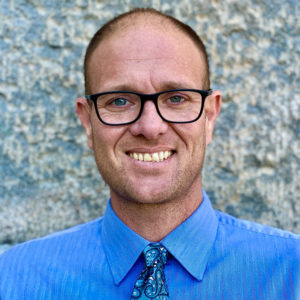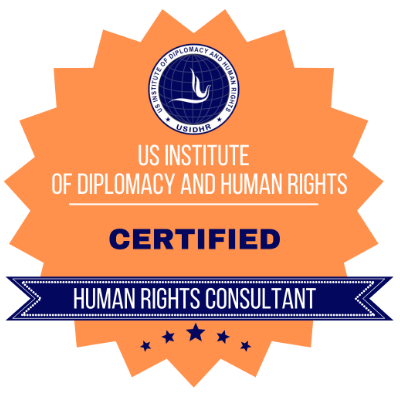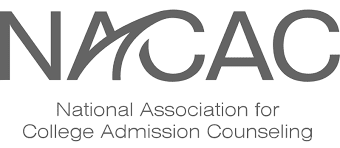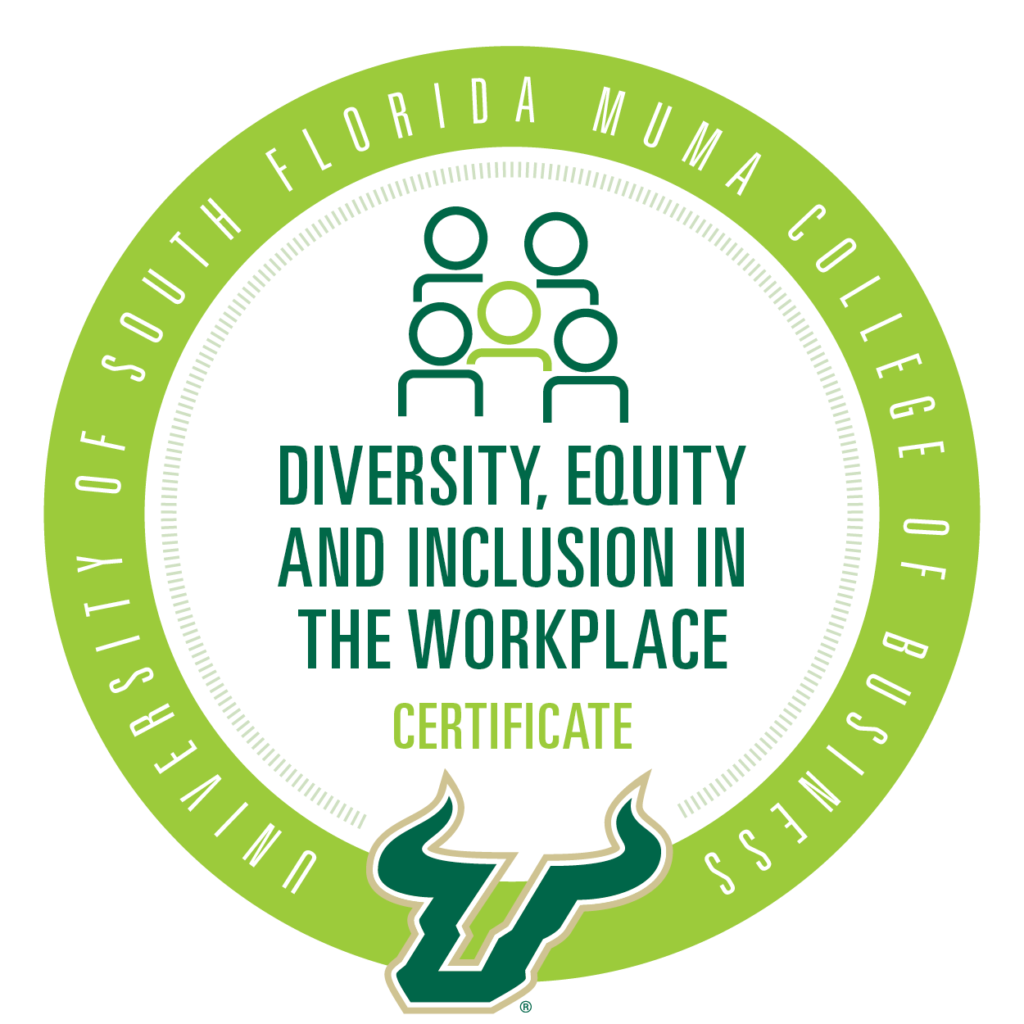Studying abroad can be a fantastic learning experience, but some students have more factors to keep in mind when picking a program and host country than others. There are countries that have far more and far less progressive laws and social norms than the USA regarding LGBTQIA+ individuals, and many places have a mix of legal and cultural factors to consider. When choosing if you will apply to a program, doing the research to ensure the environment both in and out of classes would be welcoming and safe for you should be high up on your list of priorities.
Finding out if a certain host country would feel like a relief from the current political and social challenges for LGBTQIA+ people in the US, roughly the same, or more restrictive and dangerous as early as possible will let you make an informed decision and set yourself up for success. When looking for information on potential host counties a good place to start is the US Department of State’s ‘Learn About Your Destination’ resource at https://travel.state.gov/content/travel/en/international-travel/International-Travel-Country-Information-Pages.html. From that page you can search for a specific country and then scroll down to the ‘Local Laws and Special Circumstance’ section, which includes information about both laws and culture in that country that affect the LGBTQIA+ community. Some examples from the site include:
-the wonderful fact that in Germany “The LGBTI community is protected by federal anti-discrimination laws and LGBTI Pride events are officially encouraged by most large city governments”1
-the more complicated mix of positives and negatives in China where “There are no civil rights laws that prohibit discrimination or harassment on the basis of sexual orientation or gender identity, though homosexuality has been decriminalized. Prejudices and discrimination still exist in many parts of the country… and violence against LGBTI individuals in China is relatively rare.”2
-and the severe restrictions and dangers in Tanzania, including warning that the government “criminalizes consensual same-sex sexual activity”, “Those arrested and charged for consensual same-sex sexual conduct may be sentenced up to thirty years in prison”, and that “Public displays of affection between persons of the same sex may be met with harassment or violence. Non-governmental organizations that support the LGBTI community and their staff may also be targeted, harassed, or have staff members detained by local authorities.”3
For more detailed information on social norms and what life would really be like for you day to day try to find books, articles, blog posts, and any other resources by LGBTQIA+ people currently living in that country or students who have previously studied there. Make sure any sources you use to learn about laws in a country are trustworthy and have recently been updated or confirmed to be accurate. For further questions to consider when deciding if a potential host country is a good fit for you, Education Abroad has a fantastic list at https://educationabroad.isp.msu.edu/explore/identity-and-diversity-abroad/lgbtqia-students/.
It is also important to make sure the study abroad program you are looking into has good policies and resources for LGBTQIA+ students. You will most likely spend the majority of your time socializing with other students and attending classes, and a study abroad program should be providing a safe space for all its participants. Reach out to the individuals running the program and ask how they ensure that both their employees and other students are respectful of LGBTQIA+ participants and who you could go to if you encounter any issues. Having rules and standards about bigotry is a sign that a program has done the work to create a safe environment for all students. On the other hand, a program not having specific rules or protections in place to protect LGBTQIA+ students is a sign that the needs of those students and the challenges they face have not been given the attention they need.
A few final tips and things to remember:
-In countries where it is safe to do so, connecting with a local pride center or community can both help you have a support system and safe space and be a great way to learn about different experiences and ideas! Commonly used labels, terminology, and common framing of identities can vary a lot from place to place, so the words and ideas others use positively may surprise you (and vice versa). For example, in many places the word ‘transexual’ is a common self-descriptor, and calling living openly as an LGBTQIA+ person a “lifestyle choice” is not seen as negating or downplaying the validity of LGBTQIA+ identities. While hearing words or framing you think of as outdated or offensive can feel uncomfortable at times, it is important to keep in mind that you are a guest in these spaces and if you are not asked about your opinions on a matter it is not your place to give unsolicited advice/criticism or to try to ‘educate’ people from your host country based on American ideas of what is best or politically correct.
-In countries with laws that target the LGBTQIA+ community both local groups and online/phone activity are sometimes monitored by police and interacting with community/activism groups in person or remotely can be dangerous.
-Even in a country where you are generally safe it is always a good idea to travel in a group at night or when going to any neighborhood or area you are unfamiliar with.
-If a situation feels off it is always better to trust your gut and play it safe than wait for something harmful or dangerous to happen.
While it may feel like a lot of work, finding a program and host country that fit your needs and allow you to have a great experience abroad will be worth it! Remember that you are not alone in this process, and there are both organizations and people supporting you who are happy to help. Feel free to reach out to me with any questions, and check out Identity Abroad for more resources for LGBTQIA+ students studying abroad at https://cip.kzoo.edu/study-abroad/identity-abroad.
Note: for any transgender/nonbinary students who have made a legal name change and need an updated passport or other ID before going abroad, check out the last post in this series from May about the legal name and gender changes for information on that process!
–
Each month I am sharing information and advice for a different aspect of college life for LGBTQIA+ students! Next month I will be focusing on some of the challenges and new freedoms LGBTQIA+ students may experience in college.
Citations:
1 U.S. Department of State, travel.state.gov/content/travel/en/international-travel/International-Travel-Country-Information-Pages/Germany.html. Accessed 26 May 2023.
2 U.S. Department of State, https://travel.state.gov/content/travel/en/international-travel/International-Travel-Country-Information-Pages/China.html. Accessed 26 May 2023.
3 U.S. Department of State, travel.state.gov/content/travel/en/international-travel/International-Travel-Country-Information-Pages/Tanzania.html. Accessed 26 May 2023.








